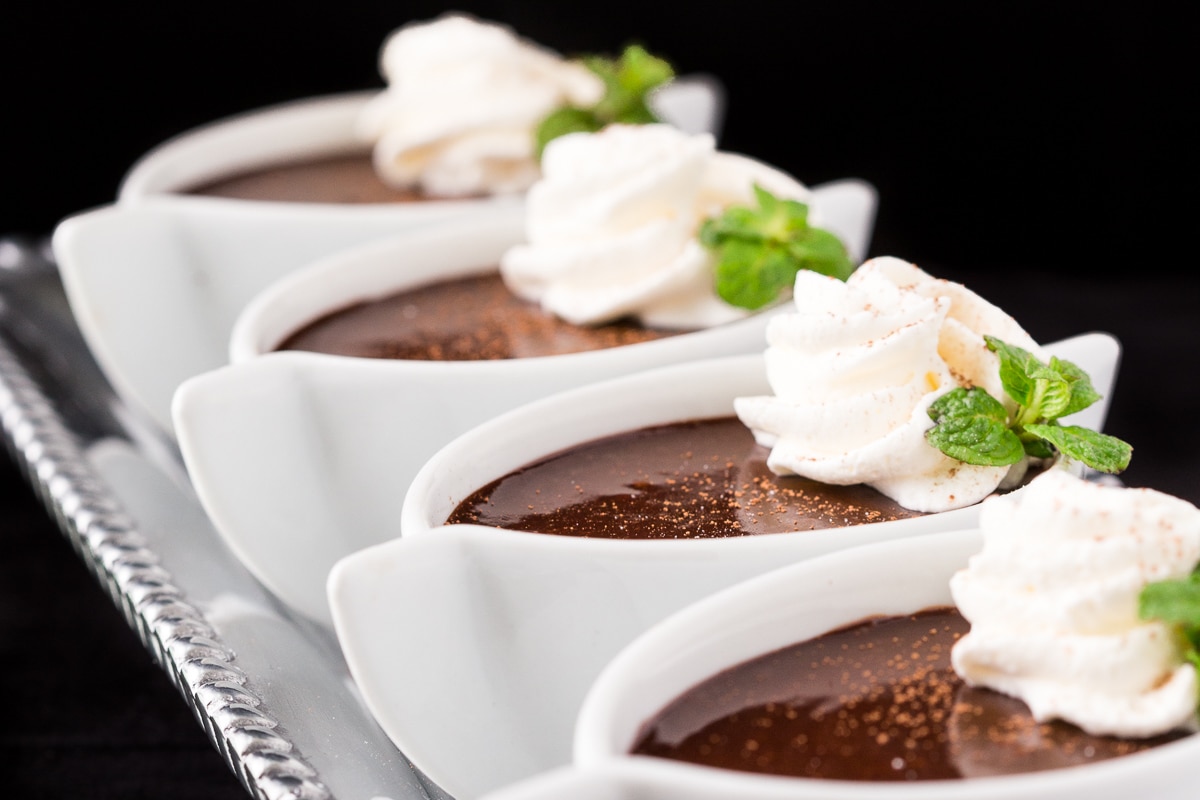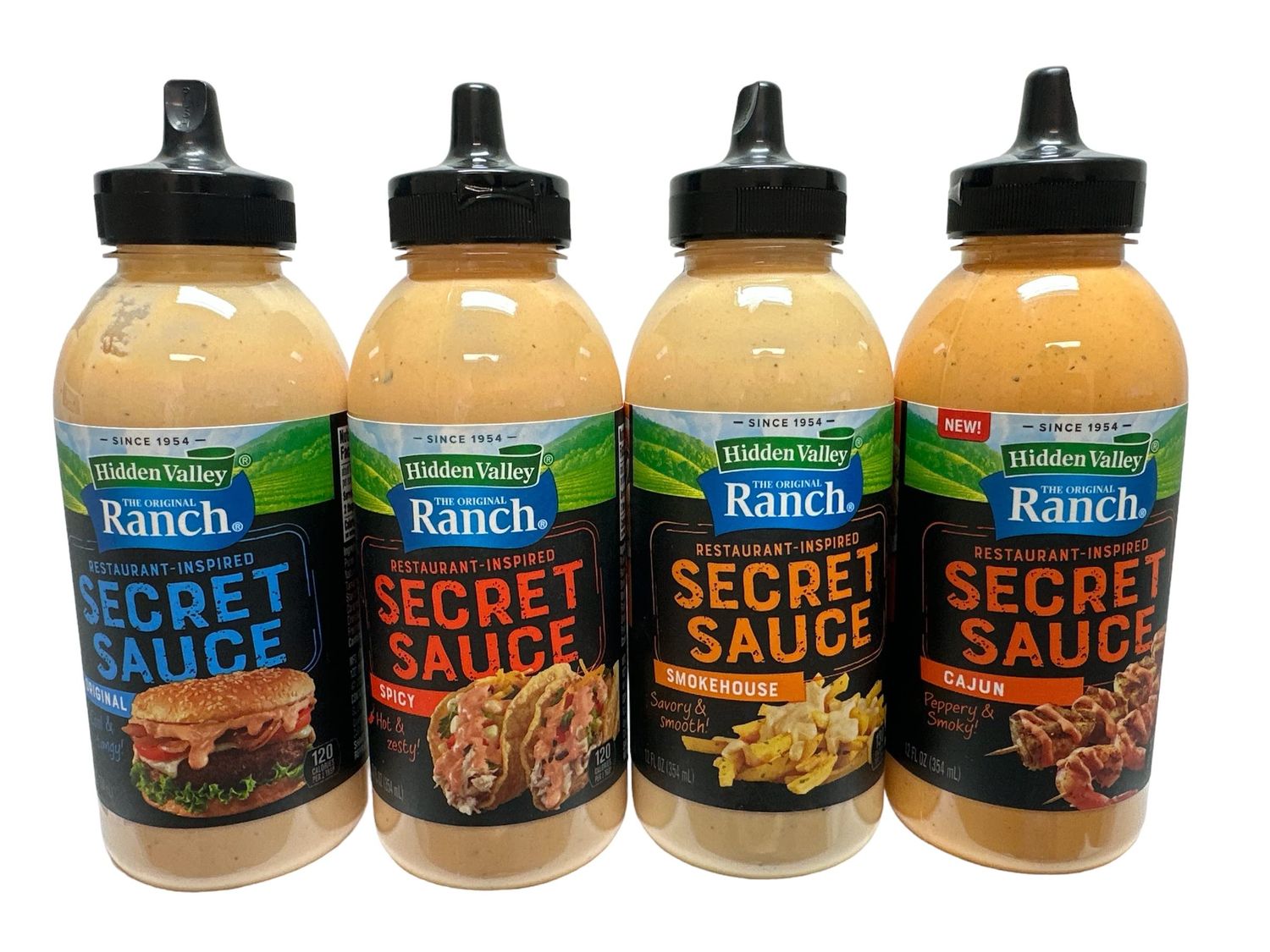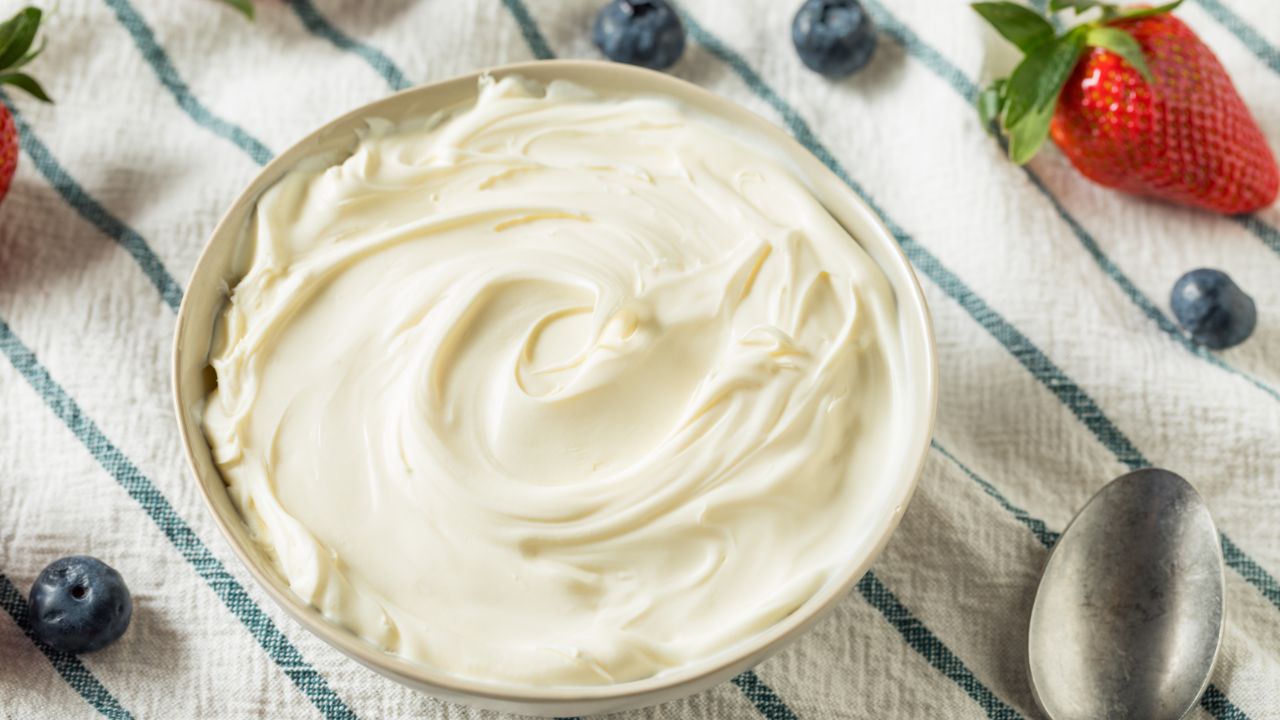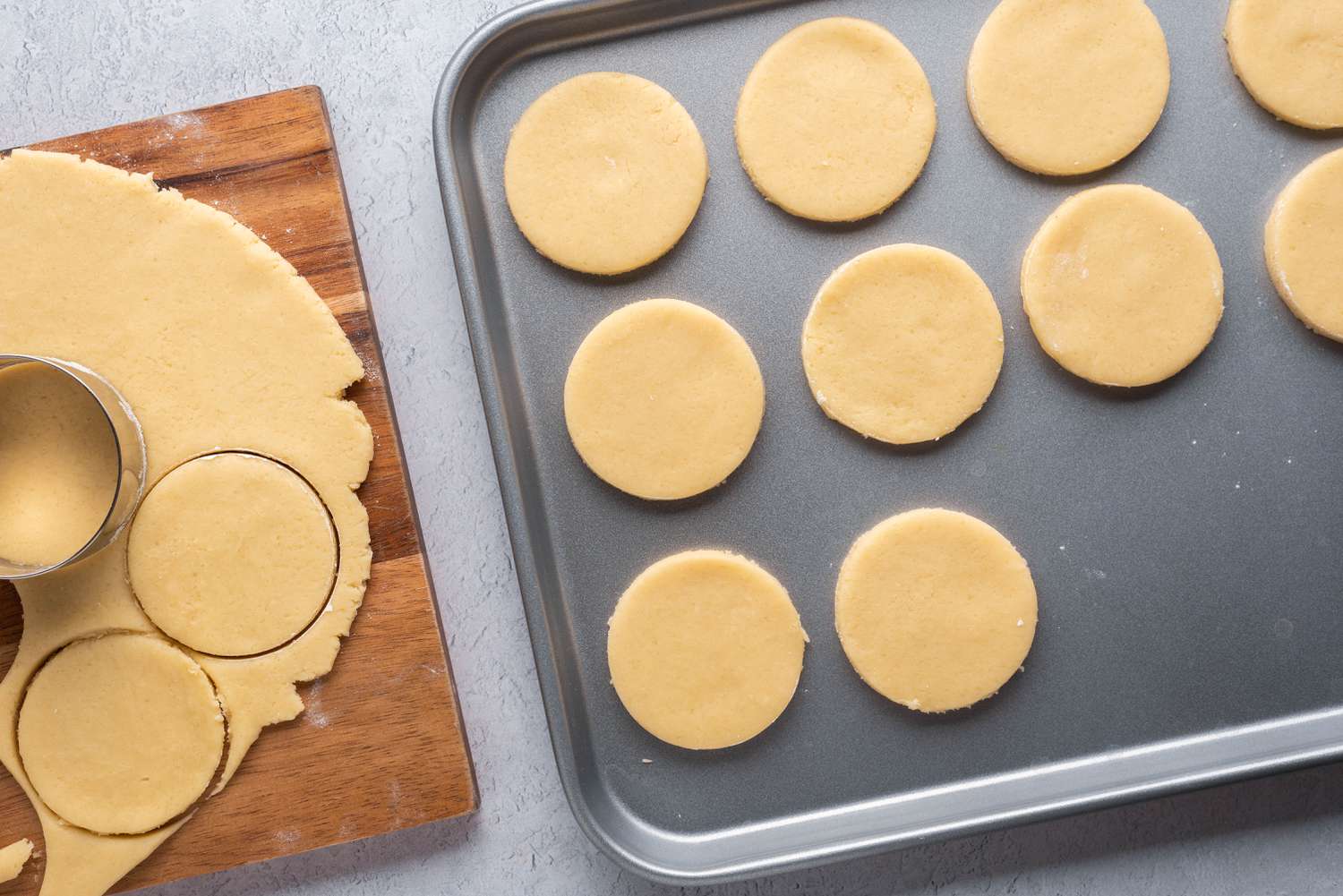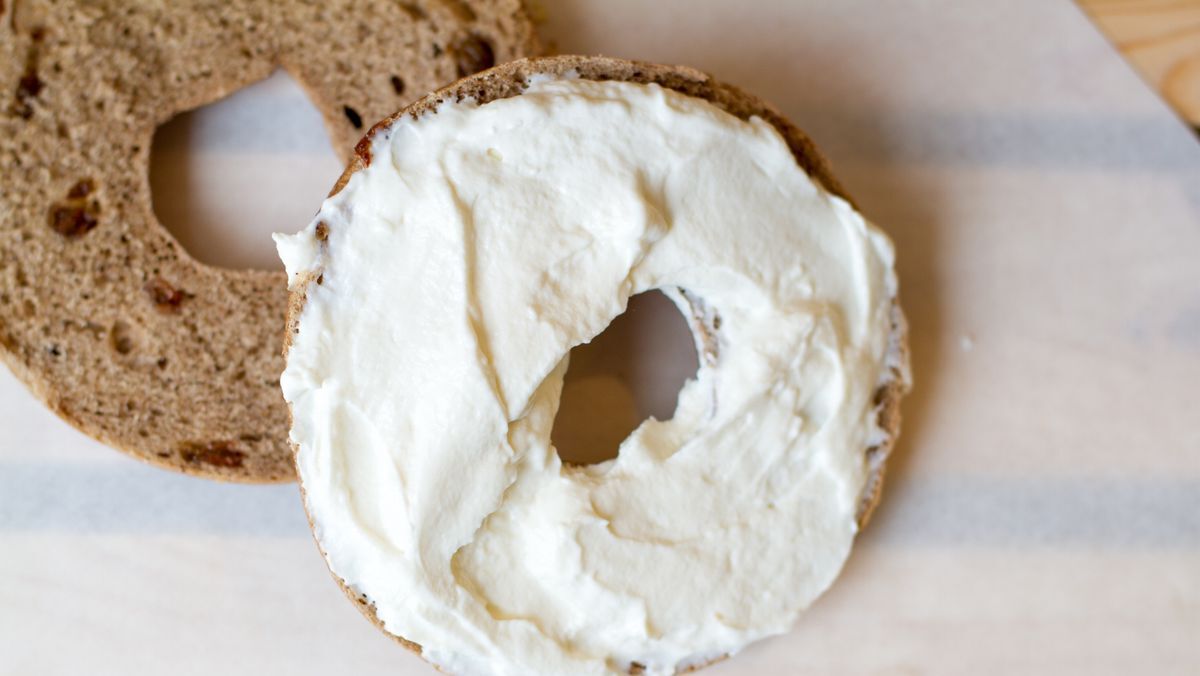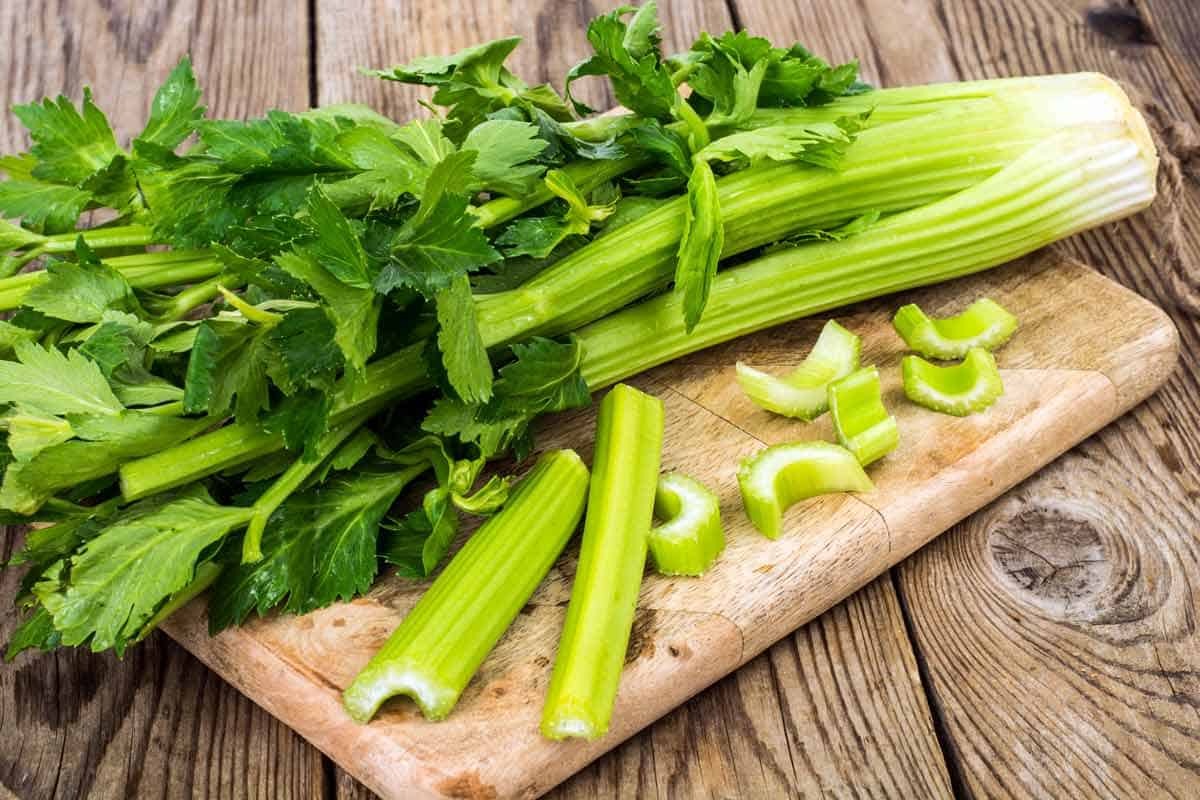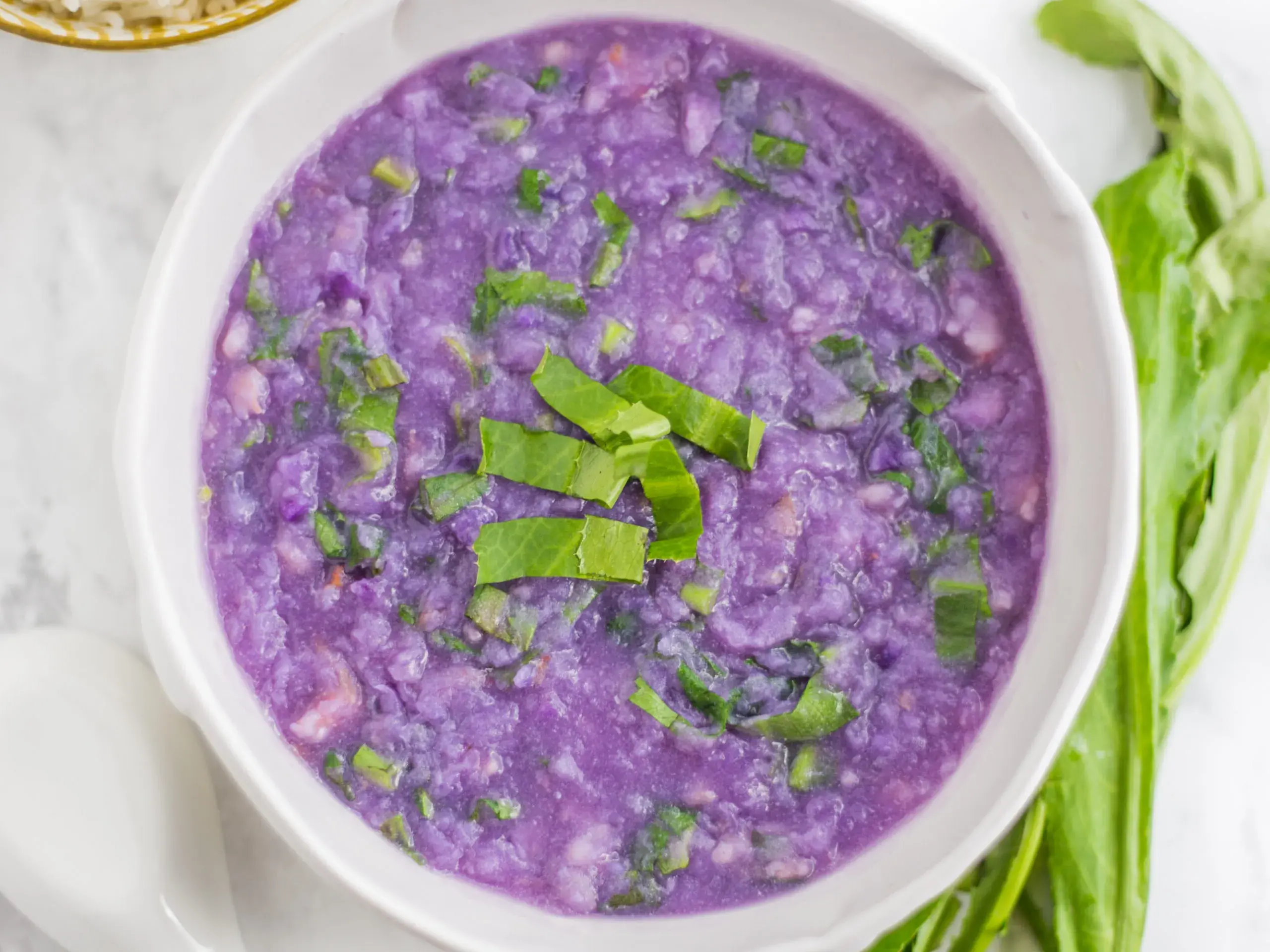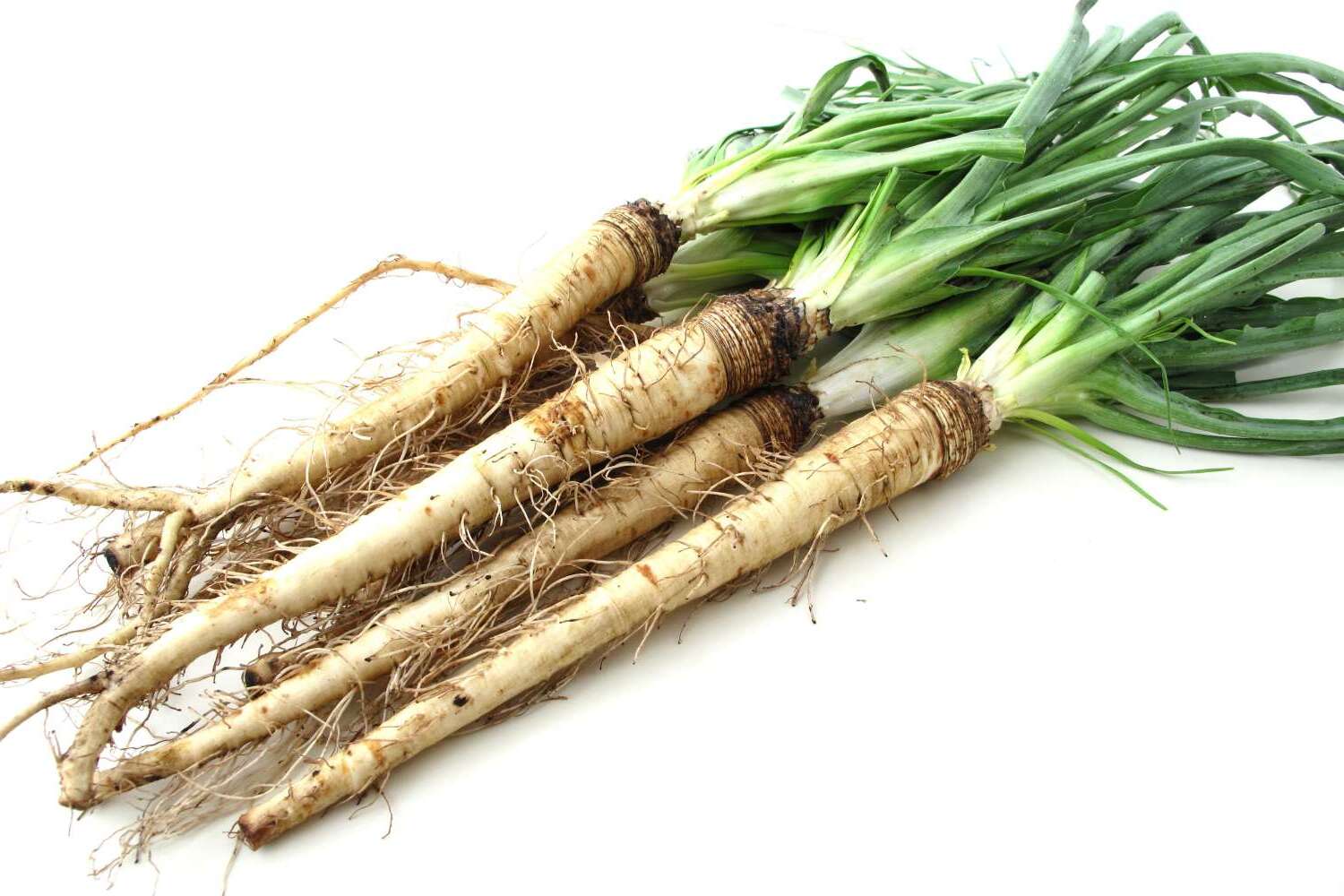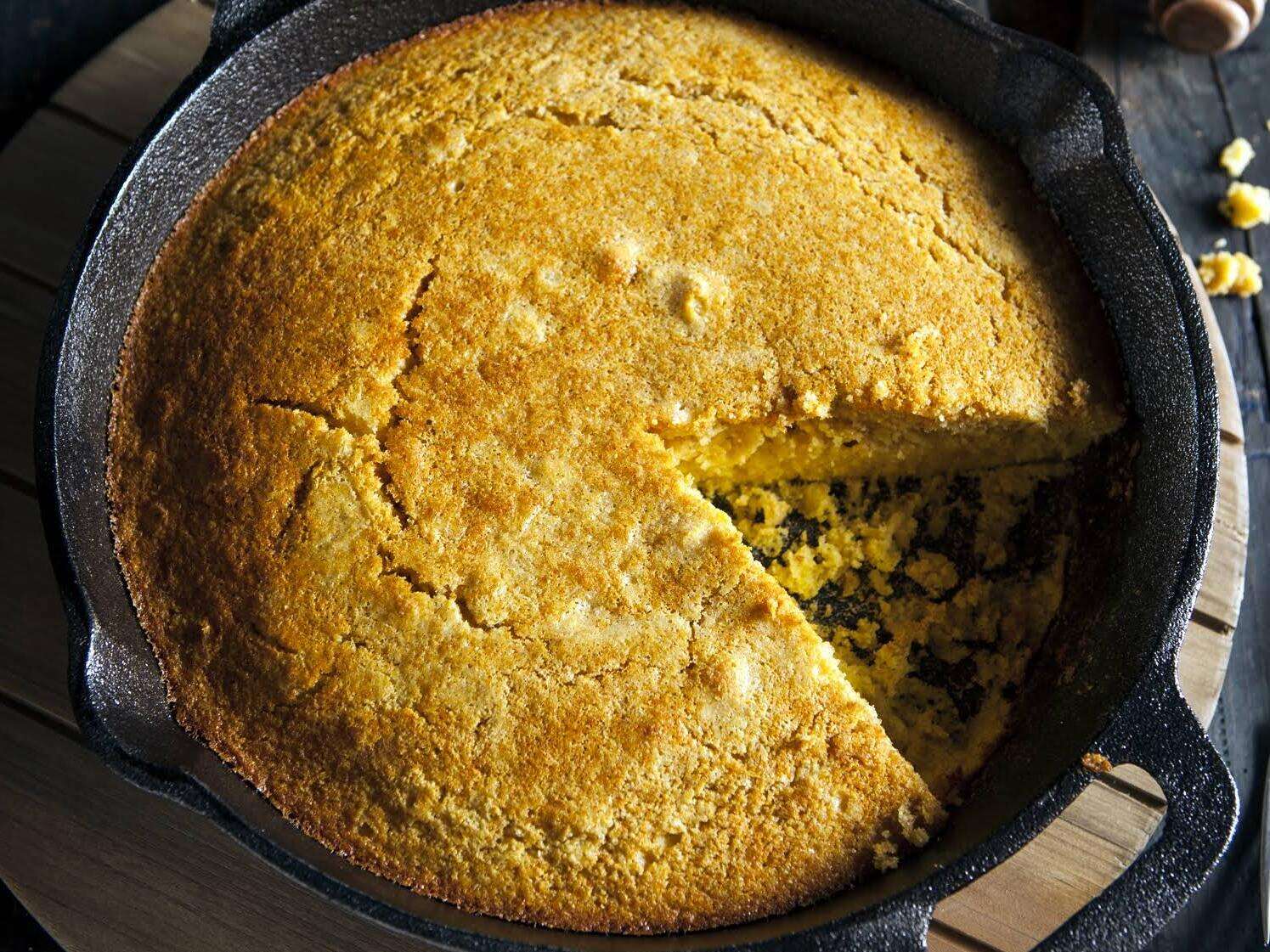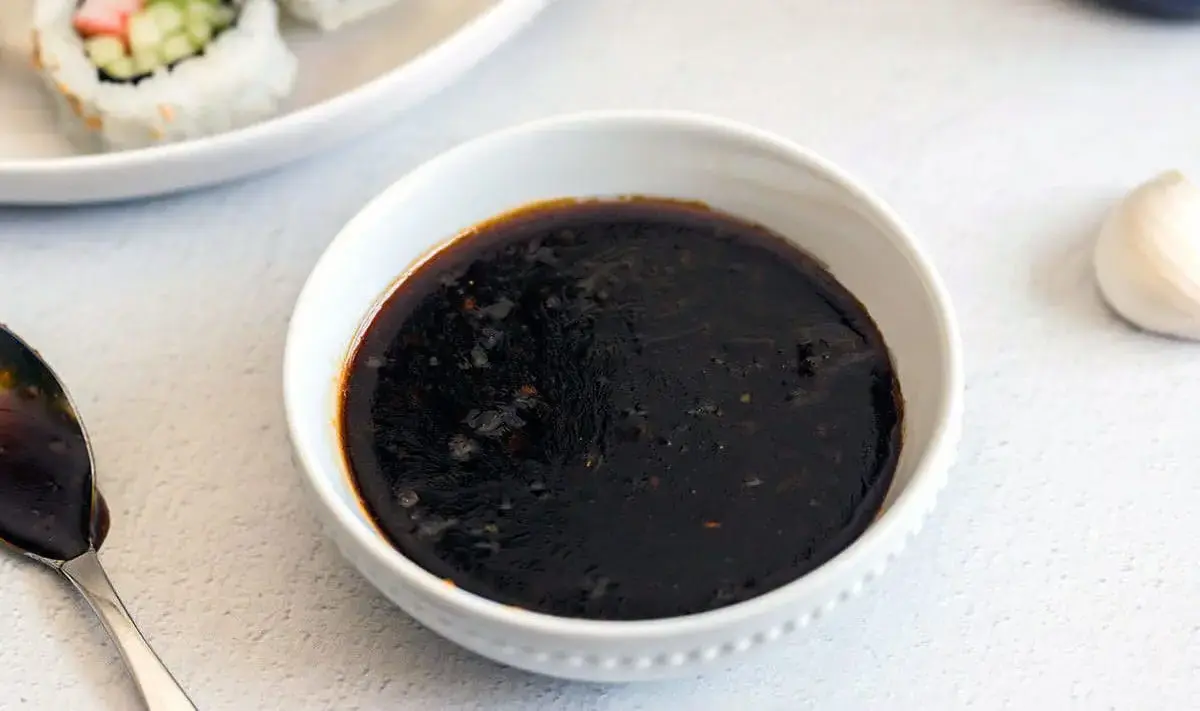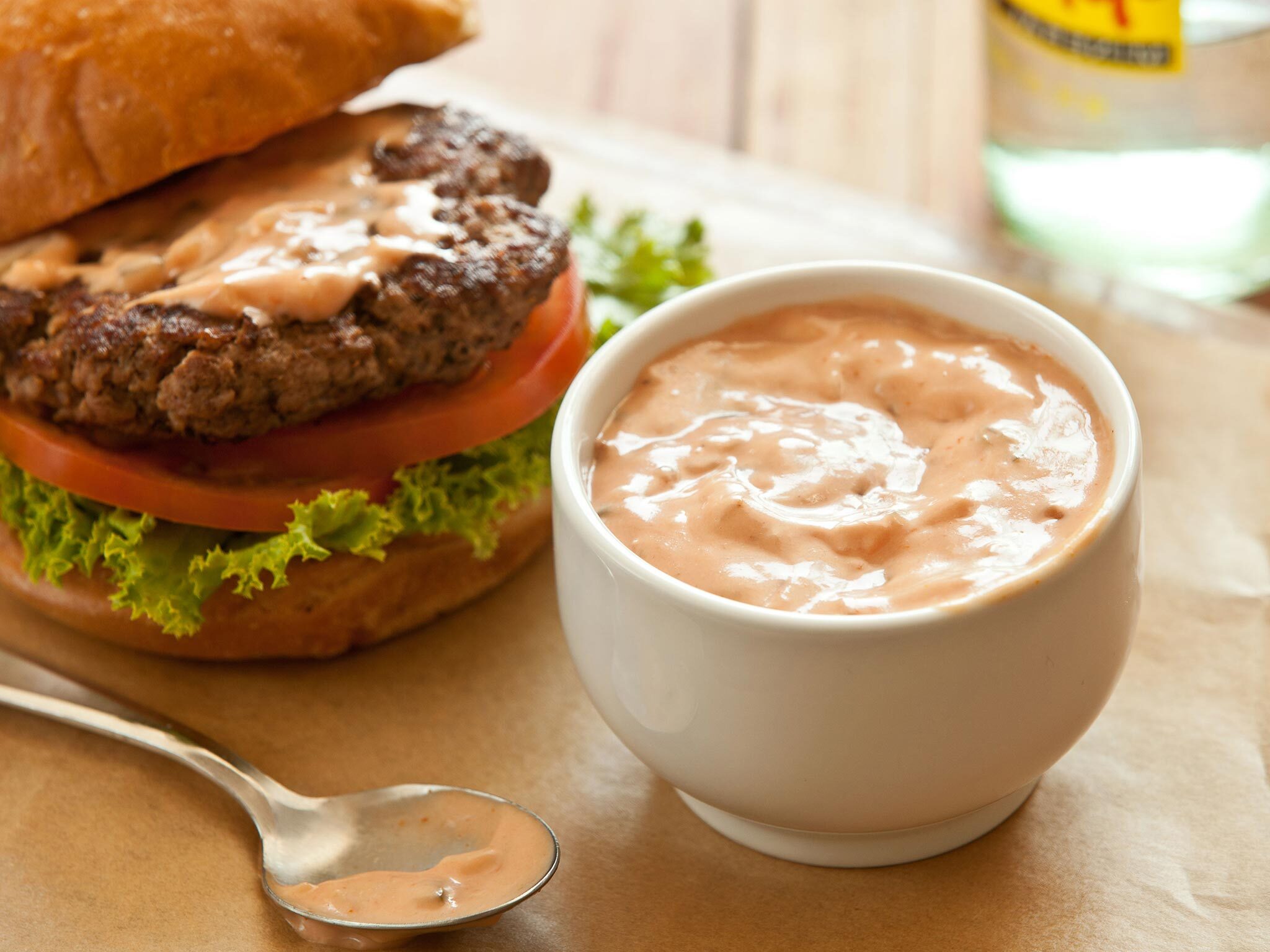When it comes to cooking, there are many ingredients that can add depth and flavor to a dish. One such ingredient is the shallot. But what exactly is a shallot, and how can it be used in cooking? Let's delve into the world of shallots and explore their uses and benefits.
What Are Shallots?
Shallots are a type of vegetable that belong to the allium family, which also includes onions and garlic. They have a mild, sweet flavor with a hint of sharpness, making them a versatile ingredient in a variety of dishes. Shallots are small in size and have a bulbous shape, similar to garlic, with a brown papery skin.
Culinary Uses of Shallots
Shallots are popular in cooking due to their unique flavor profile. They can be used in both raw and cooked forms, adding a subtle depth of flavor to dishes. Here are some common culinary uses of shallots:
-
Sauteing: Shallots can be finely chopped and sautéed in oil or butter as a base for sauces, soups, and stir-fries. Their mild flavor enhances the overall taste of the dish without overpowering other ingredients.
-
Salad Dressings: Finely minced shallots can be added to vinaigrettes and salad dressings to provide a delicate onion flavor.
-
Marinades: Shallots can be included in marinades for meats and vegetables, infusing them with a subtle sweetness.
-
Roasting: Whole shallots can be roasted alongside other vegetables or meats, caramelizing and adding a rich, sweet flavor to the dish.
Health Benefits of Shallots
In addition to their culinary uses, shallots also offer several health benefits. They are a good source of vitamins and minerals, including vitamin C, potassium, and fiber. Some potential health benefits of shallots include:
-
Antioxidant Properties: Shallots contain antioxidants that help protect the body from oxidative stress and inflammation.
-
Heart Health: The sulfur compounds in shallots may have beneficial effects on heart health, including lowering blood pressure and reducing the risk of cardiovascular disease.
-
Digestive Health: The fiber content in shallots can support digestive health and regularity.
Tips for Using Shallots in Cooking
When using shallots in your cooking, keep the following tips in mind to make the most of their flavor and texture:
-
Peeling: To peel a shallot, cut off the ends and then peel away the papery skin. The inner layers can then be easily separated for chopping or slicing.
-
Substitutions: If a recipe calls for shallots and you don't have any on hand, you can often substitute an equal amount of finely chopped onions.
-
Storage: Shallots should be stored in a cool, dry place with good air circulation. They can also be stored in the refrigerator for longer shelf life.
In Conclusion
Shallots are a versatile and flavorful ingredient that can elevate the taste of many dishes. Whether sautéed, roasted, or used in dressings, their unique flavor adds a touch of sophistication to any recipe. Additionally, their potential health benefits make them a valuable addition to a balanced diet. So, the next time you're in the kitchen, consider reaching for a shallot to add a delicious twist to your culinary creations.
Was this page helpful?
Read Next: What Is A Vodka Sour?
